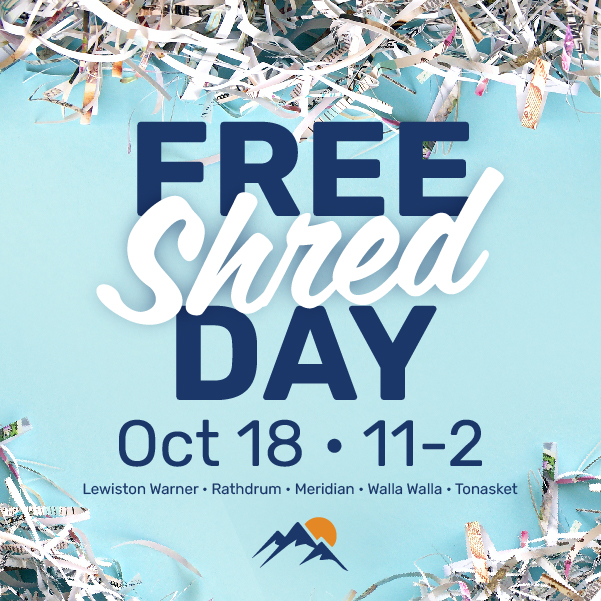September Basecamp Newsletter

The relationship between your credit card balance and your credit score
Why a high credit score is important
Your credit score follows you throughout your entire life. Building and maintaining a high credit score will help you when you need to apply for loans to purchase things like a home, car or RV.
Some employers and landlords also run credit checks as part of their applicant screening process. Also, if you hope to start a business and need a loan, one part of the due diligence for your loan application is checking your personal credit score.6
How your credit card balance impacts your credit score
While it’s weighed differently by every credit bureau, your credit score takes into account how much you owe and how well you're managing your debt. This is also commonly referred to as credit utilization or credit capacity.
When it comes to credit cards, your score takes into account how much you owe in relation to your available credit. When your credit card balance uses more than 30% of your available credit, this is weighed more negatively on your score.4 For example, if you have $1,000 of available credit on your credit card and use more than $300, you would use more than 30% of your available credit. A low utilization rate shows lenders that you can responsibly manage the lines of credit you're given.
Ways to pay off your debt and lower your utilization
As you’ve heard us say countless times, paying off credit card debt is a fantastic goal. Credit card debt tends to have some of the highest interest rates in the nation, and it can feel very freeing to pay off.
When you pay down your credit card debt, we suggest keeping your credit cards and lines of credit open so that you still have available credit on your credit report. Keeping your credit lines open will show your credit utilization going down, which should help improve your credit score.
When paying off your debt, we recommend taking a strategic, targeted approach to your payments. Start by allocating any extra payments to one specific payment, and only pay the minimums on your other loans. Once that bill is paid off, take what you were putting toward that payment and put that amount toward the next bill you want to pay off in addition to its minimum payment.
Continue this process, progressively increasing the amount you’re paying toward a single bill until all of your debt is paid off.
Keep reading to learn more about why utilization can affect your score sooner than payment history.

Shred Day
Join us as we celebrate International Credit Union Day with a free shred day on October 18th. From 11 am to 2 pm you're invited to bring up to three boxes of documents to shred to our Lewiston Warner, Rathdrum, Walla Walla, and Meridian branches.
 How enrolling in eStatements protects your identity
How enrolling in eStatements protects your identity
When you enroll in eStatements, you avoid the risk of your personal information getting lost in the mail. Furthermore, eStatements are a secure way to keep all of your financial information all in one place. You can easily access up to 3 years of statements at a time in your Digital Banking, and it does all the filing for you.
You can enroll in eStatements by logging into your Digital Banking and selecting Statements under the Transactions tab in the Menu. If you want to learn more about eStatements and view a tutorial on how to enroll, click the link below.




